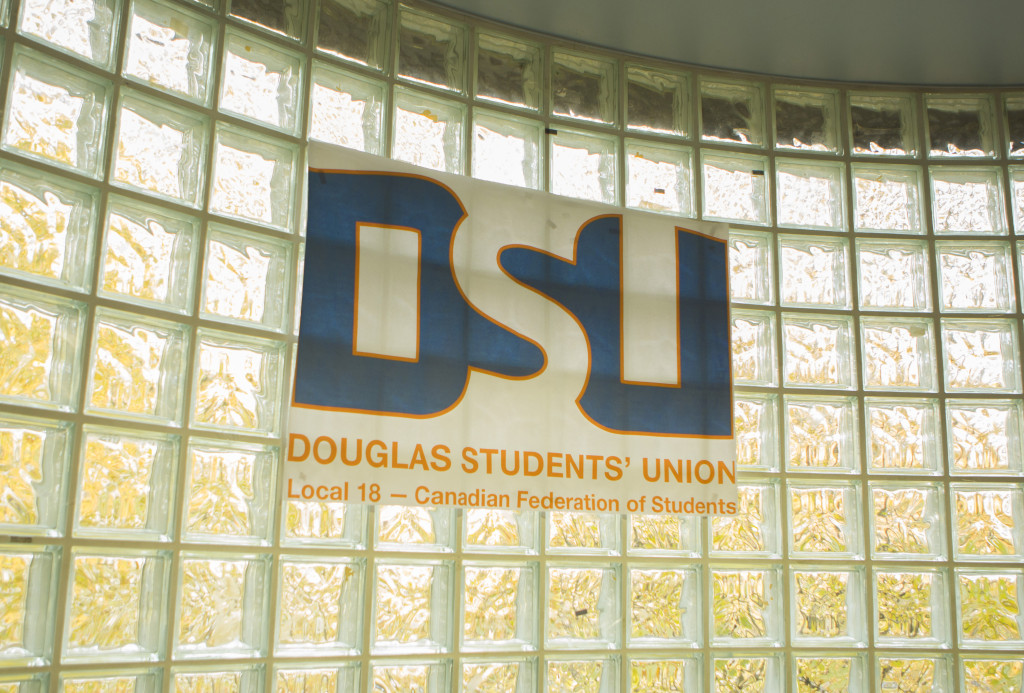
Panel discusses solutions
By Colten Kamlade, Staff Reporter
Traffic is frustrating anywhere, but the high density of trucks in New Westminster makes it a particularly prickly debate for the city.
At Douglas College, a panel of experts came together on March 21 to explore the problem and propose potential solutions.
Peter Hall, professor of urban studies at Simon Fraser University, started his talk bluntly.
“There are some hard choices and realities to confront … when it comes to transportation everyone is selfish … we are selfish when it comes to transportation because transportation is not the end goal of any particular activity … we tailgate, we drive as fast as we can, we refuse to pay for the roads that we’re on … when it comes to freight, not only are we selfish, but we’re mostly ignorant,” he said.
Insofar as solutions go, both for traffic and environmental concerns, Hall said he was optimistic, while still acknowledging various difficulties.
“How do we get more per load, and part of the way we get more per load is that we’re constantly moving up a hierarchy within the transportation system from less polluting and less impactful, less carbon emitting … less by airplane, less by small, old, dirty diesel truck, more by clean new truck, more by rail, more by water,” he said.
Matthew May, vice president of BST Transportation Group, emphasized the advances that are being made in transportation technology.
“Technology has made trucking safer, and I would say, if anything, we stand to gain further advancements in the technology space. Stability control in trucks is a big one, active vehicle control … things like electronic driver logs,” he said.
May also discussed the different initiatives that his company had started, such as public safety campaigns.
Peter Xotta, vice president of planning and operations for Vancouver Fraser Port Authority, said he had similar concerns to the other panellists.
“The overarching question as it relates to the consequence of trade, the consequence of trucking on communities and their livability is our efforts to align our interests to address, or at least begin to mitigate some of those things … how do we move stuff and maintain livability?” he said.
Lisa Spitale, chief administrative officer for the City of New Westminster, said she sees an opportunity for progress.
“I think there’s enough folks starting to agree that ‘Hey, if nothing else, status quo isn’t working, point number one,’ so what’s it really going to take for everyone to come round the table? I don’t think it’s an issue of … [needing] leadership here, I think we’re all starting to say the same thing … we see the challenges, we see the externalities … we’ve got to find a better way of working together,” she said.

